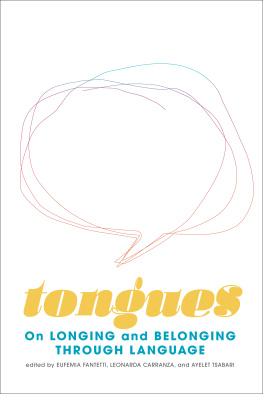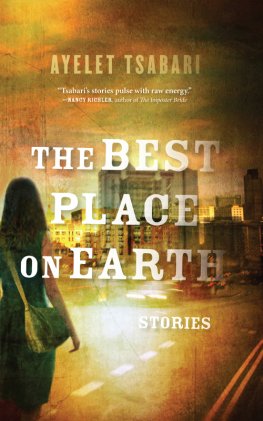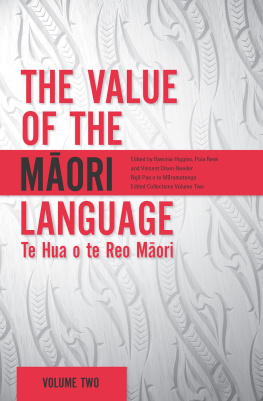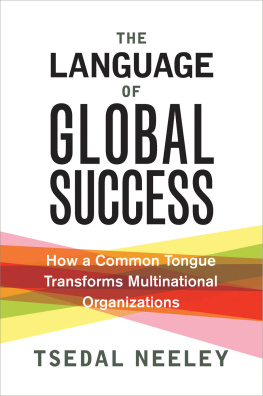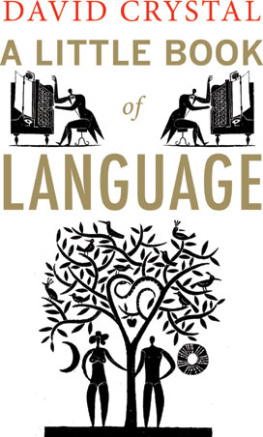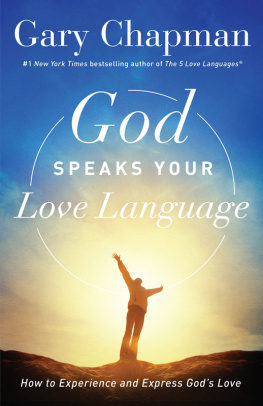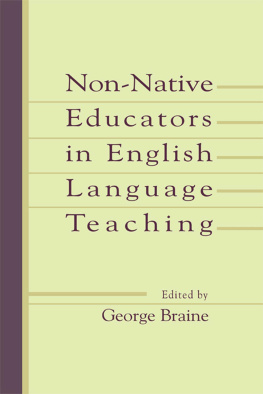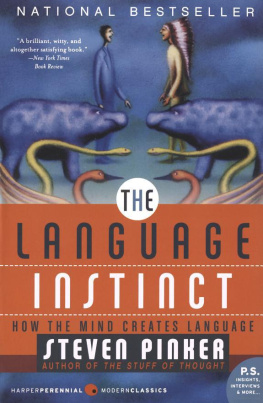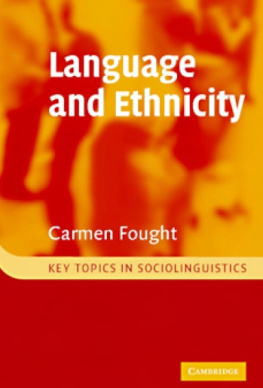
Tongues

FIRST EDITION
introduction 2021 by Leonarda Carranza, Eufemia Fantetti, and Ayelet Tsabari
individual texts 2021 by the authors
ALL RIGHTS RESERVED
No part of this publication may be reproduced or transmitted in any form or by
any means, electronic or mechanical, including photocopying, recording, or any information storage or retrieval system, without permission in writing from
the publisher.
Library and Archives Canada Cataloguing in Publication
Title: Tongues : on longing and belonging through language / edited by Leonarda Carranza, Eufemia Fantetti, and Ayelet Tsabari.Other titles: Tongues (2021)
Names: Carranza, Leonarda, editor. | Fantetti, Eufemia, 1969- editor. | Tsabari, Ayelet, 1973- editor.
Series: Essais (Toronto, Ont.) ; no. 12.
Description: First edition. | Series statement: Essais series ; no. 12
Identifiers: Canadiana (print) 20210279354 | Canadiana (ebook) 20210280093
ISBN 9781771667142 (softcover)
ISBN 9781771667159 (EPUB)
ISBN 9781771667166 (PDF)
Subjects: LCSH: Sociolinguistics. | LCSH: Identity (Psychology) | LCSH: Native language. | LCSH: Language acquisition.
Classification: LCC P40 .T66 2021 | DDC 306.44dc23
The production of this book was made possible through the generous assistance of the Canada Council for the Arts and the Ontario Arts Council. Book*hug Press also acknowledges the support of the Government of Canada through the Canada Book Fund and the Government of Ontario through the Ontario Book Publishing Tax Credit and the Ontario Book Fund.




Book*hug Press acknowledges that the land on which we operate is the traditional territory of many nations, including the Mississaugas of the Credit, the Anishnabeg, the Chippewa, the Haudenosaunee, and the Wendat peoples. We recognize the enduring presence of many diverse First Nations, Inuit, and Mtis peoples and are grateful for the opportunity to meet, work, and learn on this territory.
Contents
Introduction
Tongues is a book we dreamt up together, both separately and collectively. At some point or another, two of us walked down a wintry Toronto street speaking of a book just like this one. At another point, maybe in the spring, one of us called another to discuss how this idea could become reality. As immigrants and daughters of immigrants, as racialized women, as writers who lost their mother tongues or their ancestral languages, as English-as-a-second-language learners, we share a curiosity and passion about language.
We had the unique opportunity to work on this collection of essays during a pandemic. As the world went into isolation, cities locked down, and people were told to stay apart, we had the honour of inviting twenty-three distinct voices who shared our fascination and love of language to join this conversation. Essays arrived throughout the summer and into the fall and as our lives shrunk and a restricted world became the new normal, the collection grew in breadth and scope. The essays bridged the distance, anchored and moved us, and eased our loneliness, much like language itself can do. We were reminded of Kai Cheng Thoms essay where she defines language as the fluid within the collective body: like plasma, like blood, like spinal fluid, it carries nutrients and information from one unit to the next.
Personal, lyrical, and candid, the essays in this collection investigate the intimate relationship between identity and language, confront the pain of losing a mother tongue or an ancestral language, and celebrate the joys and empowerment that come with reclamation. I use Anishinaabemowin in my work as a way to reclaim my culture, for just as Cedar is rooted in the earth, so my culture is rooted in the language, writes Ashley Hynd in her essay, The Seven Grandfathers and Translation. Others admit to purposely unlearning their mother tongue as an act of survival. As Kamal Al-Solaylee writes in Tongue-Tied, forgetting Arabic was part of a journey of self-reinvention.
We envisioned an anthology that would celebrate the richness and aliveness of Canadas language diversity. There are more than seventy Indigenous languages and over two hundred mother tongues spoken in Canada. Some 7.4 million Canadians speak French, and 5.8 million Canadians speak at least two languages at home. Yet the irony of this project was not lost on us. Here we were editing an anthology about language written in one language and one language only, the winners English, Melissa Bull calls it in her essay, English Baby.
The legacy of colonialism is not ignored in these pages, as writers hold English and its colonial violence to account. The contributors to this anthology challenge us to think about the intricate relationship between English and privilege, and how power affects language learning, specifically the experience of learning English in Canada a predominantly white, settler, colonial nation and the shame and exclusion that often come with second-language learning. They demand that we think deeply about the languages we acquire, the languages we lose, the ones that are taken from us, and the ones we fight and struggle to reclaim. These essays are transformative. They confront us with the exclusionary, daily violence of racist, ableist, and cis-normative language. In Its Just a Figure of Speech, Amanda Leduc asks us to consider our complicity with ableist language and how it reinforces the idea that there is only one way to be in the world. In Gender Fluent, Logan Broeckaert reflects on how gendered language affects the way we see ourselves and our place in the world, and in What Are You? A Field Study, Rowan McCandless magnifies the way that white supremacy and othering appear in everyday talk.
While the scope of this project was such that it didnt allow for translated works to be included, we hope the many languages that make an appearance throughout the various texts pay tribute to the multilingual Canada we know. We hope they inspire readers to think more deeply about the act of italicizing (a choice of marking foreign language in texts, which Rebecca Fisseha examines at length in her essay, Say Something in Your Language) and its relationship to othering. As for when to italicize, we allowed the writers to make their own choices on the matter.
Welcome to a series of profound, compelling personal narratives that explore the interrelationship between language, power, and privilege. As editors and writers, we invite you to join in and share our curiosity about the multiple ways that language lives and breathes inside each of us.
Eufemia Fantetti
Leonarda Carranza
Ayelet Tsabari
Kamal Al-Solaylee
Tongue-Tied
The sound of silence is a precious commodity on the streets of Cairo, a city where the official soundtrack might as well be a symphony of car horns and shouting matches among a population pushed to the edge by income inequality and political corruption. And yet, in all the taxi and Uber rides I shared with my Cairo-based older sister, Farida, during a visit in 2019, I was instructed to remain silent. If I talk, she warned me, the driver might recognize my broken, foreign-sounding Arabic and try to scam us. Shell give directions, negotiate fare, and handle any small talk, which at times was anything but. No two Egyptians can share a small space without getting into an argument about the direction of this once-hospitable and safe country. (Hint: wrong direction.)
Next page
